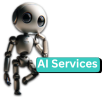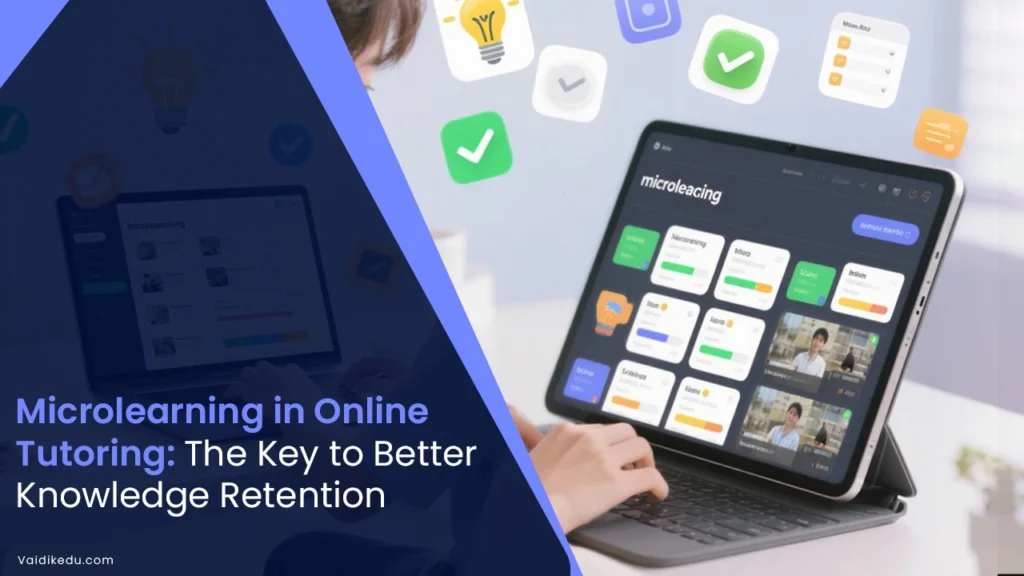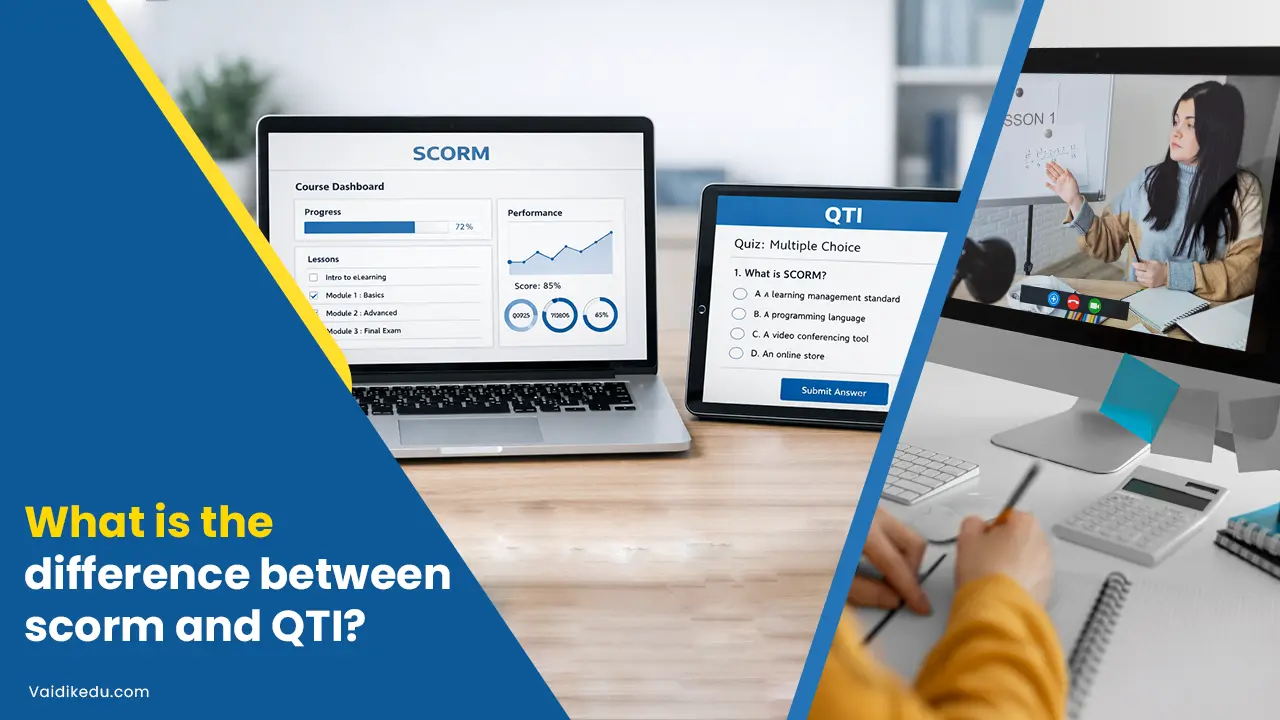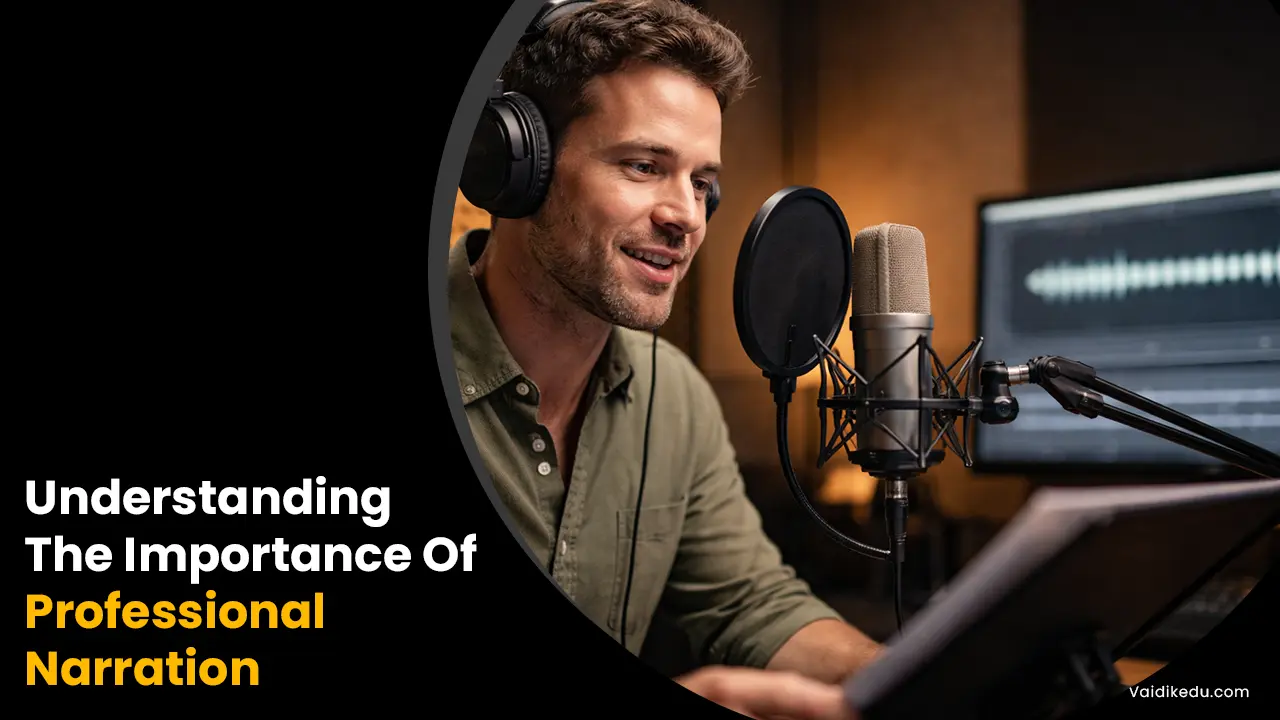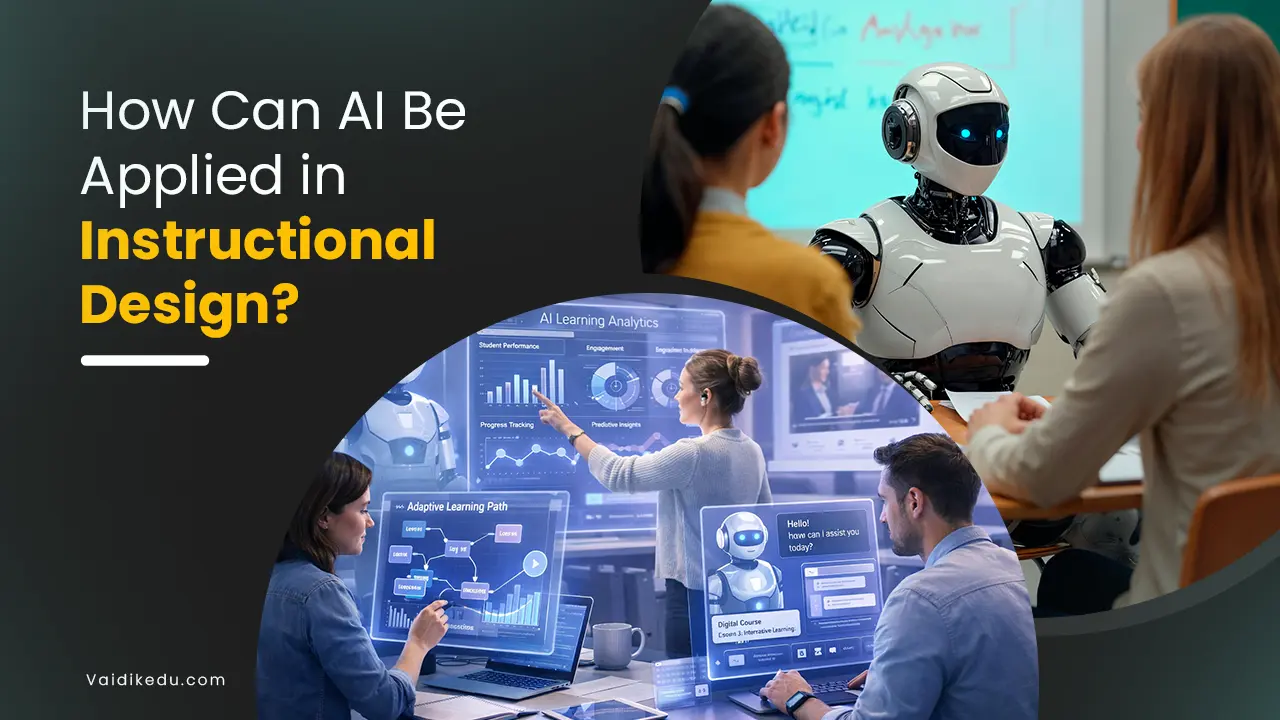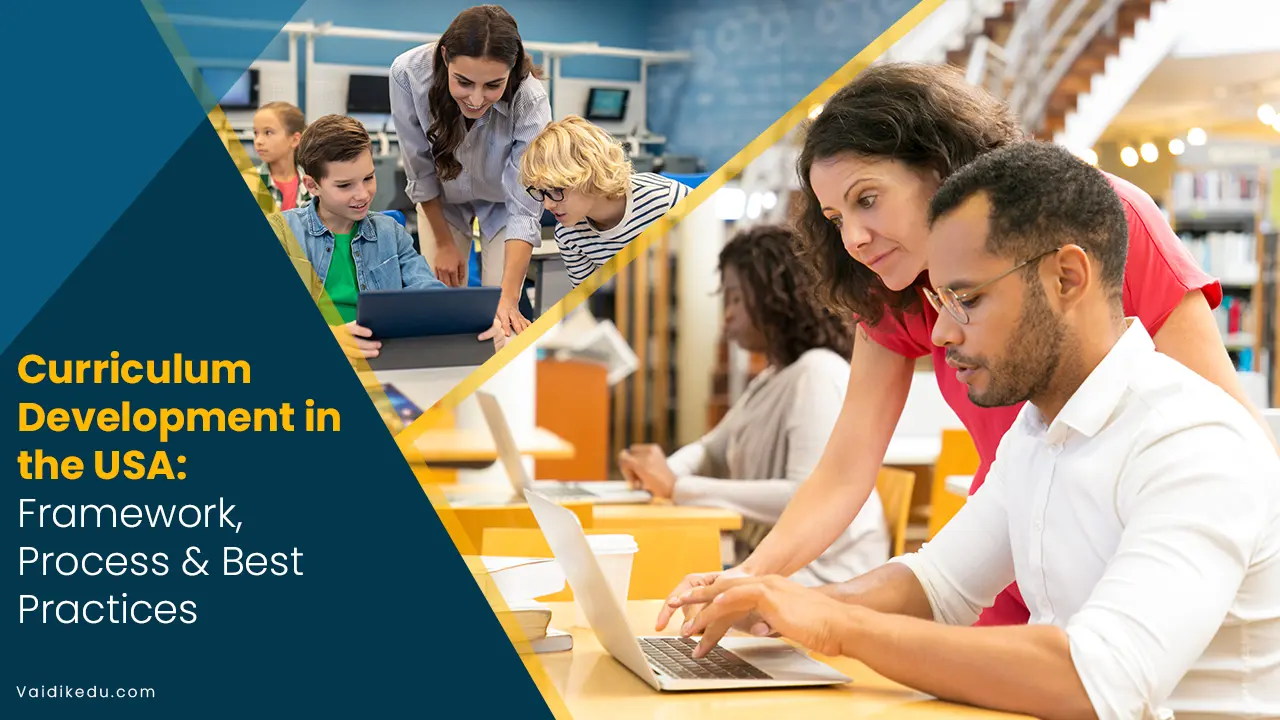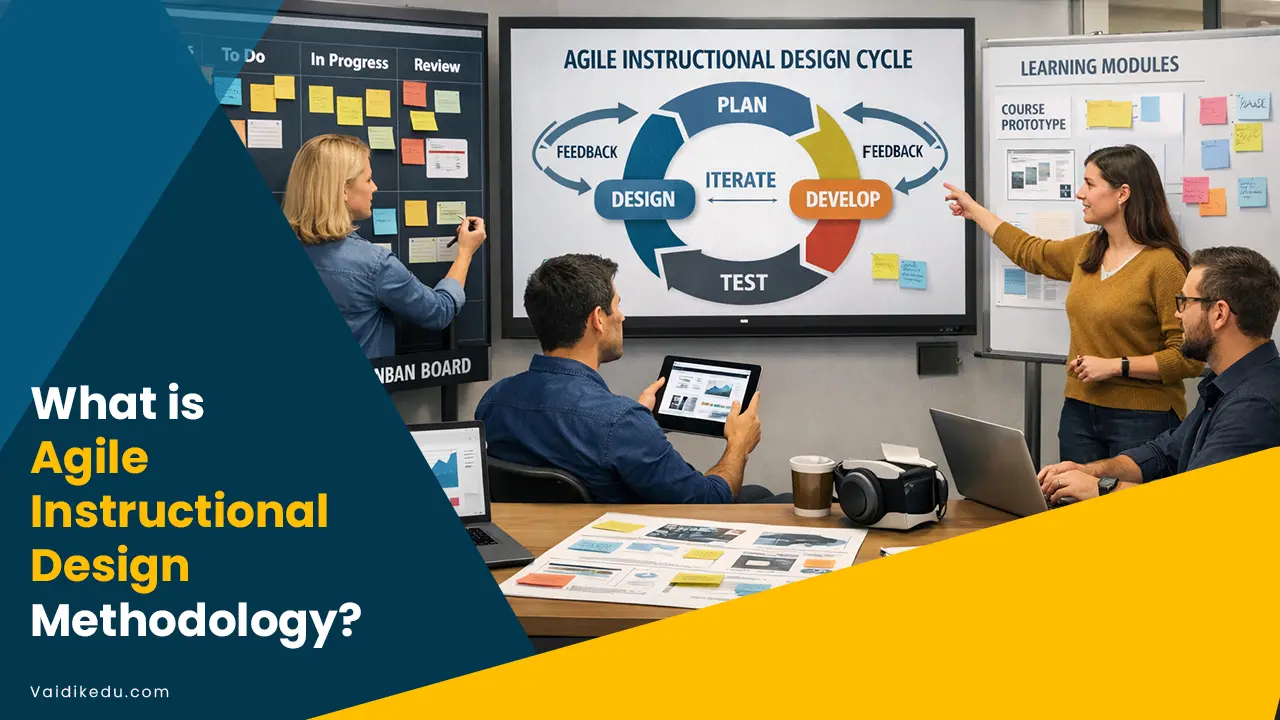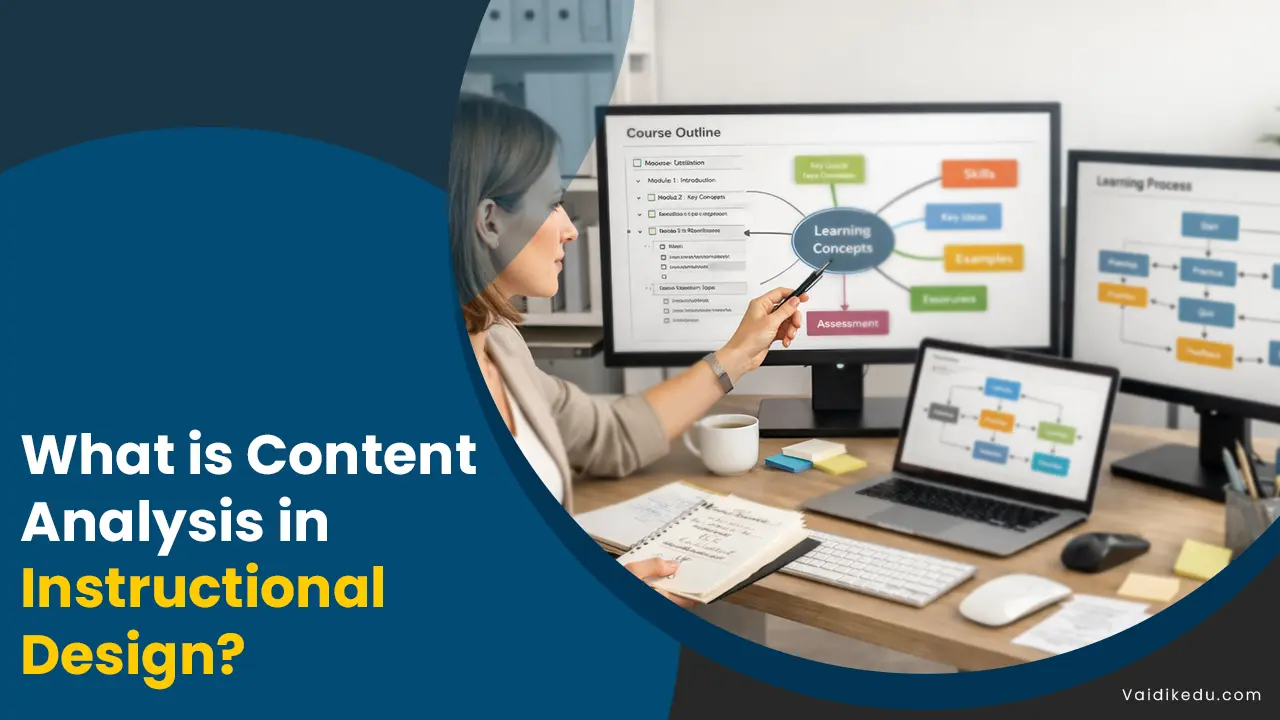In today’s rapidly changing digital world, where students’ attention spans are getting shorter along with data overload is a common problem, both educators and students are looking for better knowledge retention strategies.
A crucial way to enhance knowledge retention in online tutoring is through microlearning, which presents information in manageable, bite-sized portions. In contrast to conventional, long-term learning sessions that may overwhelm students, microlearning emphasizes brief, easily assimilated informational bursts.
Microlearning is perfect for contemporary online tutoring platforms because of its ease and versatility. Students can concentrate on a single subject at a time with microlearning, which reduces cognitive overload and reinforces learning through engagement and repetition by delivering knowledge in bite-sized chunks.
Using microlearning techniques is becoming more and more recognized as a successful strategy to improve student retention rates as online tutoring keeps expanding. In addition to enhancing comprehension, this method helps maintain students’ interest in the material throughout time.
The concepts of spaced repetition, active recall, and focused feedback are all smoothly integrated into the learning process when students participate in microlearning. It has been demonstrated that these cognitive science techniques help students recall material far more effectively than conventional approaches.
This blog post will discuss how microlearning may be included into online tutoring and why it’s so important for helping students retain more information. We’ll also examine the science underlying microlearning and how it fits in with the demands of contemporary students.
What is Microlearning? A Bite-Sized Revolution in Education
The process of dividing learning material into little, targeted chunks, usually lasting anywhere from a few seconds to fifteen minutes, is known as microlearning. Microlearning enables students to participate in short courses or activities that focus on particular learning outcomes, in contrast to traditional teaching approaches that frequently require students to assimilate a lot of information in a single session.
These brief learning units are made to be easily absorbed, which makes them perfect for the fast-paced, mobile lifestyle of today. Microlearning can take many different forms in the context of online coaching, including quizzes, flashcards, infographics, video tutorials, and other multimedia content.
Because of this versatility, tutors may easily create a dynamic and captivating curriculum that meets the needs of their pupils. A math tutor might, for instance, divide a difficult equation into several manageable steps so that the student can concentrate on one at a time rather than getting overwhelmed by the procedure as a whole.
Similar to this, language tutors could provide brief sessions that emphasize specific vocabulary terms or grammatical rules, repeating these ideas to help students understand them.
Online tutoring platforms can guarantee that the learning process is controllable, interesting, and above all in helping users retain information by employing microlearning.
The learning concepts of repetition and spacing, which have been shown to be crucial for long-term memory retention, are taken into consideration in this approach. In essence, microlearning aims to increase memory by exposing pupils to important material over an extended period of time.
How Microlearning Enhances Knowledge Retention
1. Interspersed Reinforcement and Repetition
Spaced Repetition, a method of providing information at regular intervals across time to aid in the consolidation of knowledge into long-term memory, is one of the fundamental ideas of microlearning.
Small, spaced-out learning sessions are significantly more successful than jamming a lot of knowledge into one study session, according to cognitive psychology research. By dividing teachings into manageable chunks that students may go over again and again, microlearning makes use of this idea.
An online tutor might, for instance, offer a fresh vocabulary list of words every day in manageable pieces, with quick review sessions spread out throughout the week. The material is reinforced and the student’s comprehension of the subject is strengthened by this constant repetition.
2. Pay Attention to Active Recall
Active recall involves trying to recall knowledge without consulting notes, which is another technique that microlearning promotes. By fortifying the brain connections linked to the knowledge, this technique has been demonstrated to improve long-term retention.
This is frequently accomplished in microlearning by using interactive exercises, flashcards, or quizzes that encourage students to recall previously taught material.
Students are more likely to remember material for extended periods of time when they are consistently given challenges to retrieve and apply what they have learned. This works especially well in online tutoring, where teachers can use microlearning exercises, like mini-tests, to gauge students’ progress and reinforce knowledge after each brief lesson.
3. Quick Application and Response
Microlearning has the benefit of instant application in online coaching. Microlearning ensures that learning is relevant and useful by giving pupils little informational bursts and letting them use them immediately.
Students can instantly apply what they have learned after each mini-lesson or activity, which helps them retain what they have learned. Additionally, because microlearning is brief, tutors may provide quick feedback, which is crucial for learning.
The learning process is more dynamic and responsive since students may rapidly determine whether they have learned the content or require additional reinforcement. Quick feedback increases the possibility that knowledge will be retained by clearing out misconceptions before they become deeply embedded.
4. Interactive and Captivating Content
Due to its great degree of format adaptability, microlearning may be customized to engage students in a variety of ways. Microlearning keeps the learning process interesting and avoids boredom or disengagement, whether it is done through interactive activities, videos, or gamified content. This is especially important for online tutoring, where it might be difficult to keep students’ attention.
Tutors can accommodate students’ varying learning styles visual, auditory, or kinesthetic and maintain their active participation in the learning process by combining various content kinds. By making learning more entertaining and memorable, the utilization of interactive and multimedia resources also helps with retention.
Conclusion
Online tutoring benefits greatly from microlearning. The capacity to deliver individualized, efficient, and interesting learning experiences is what will determine the future of online tutoring. A potent strategy for accomplishing these objectives is microlearning, particularly in terms of enhancing knowledge retention.
Microlearning makes it easier for pupils to take in and remember information by dividing it up into manageable bits, employing spaced repetition, and encouraging active recall. Additionally, because of its versatility and captivating qualities, it is ideal for online tutoring platforms where interaction and individualized assistance are crucial.
Students will gain from a more effective, customized, and significant learning experience as technology advances and more tutors use microlearning techniques. This method promotes a deeper, more profound comprehension of the subject matter in addition to improving retention.
In the end, how well the material is presented and how well students are able to remember and apply what they have learned will determine how successful online tutoring is. Microlearning is a vital instrument for the future of education since it provides a tried-and-true answer to this problem.
Frequently Asked Questions
The process of presenting educational material in brief, targeted bursts, usually ranging from a few seconds to approximately fifteen minutes, is known as microlearning. These brief, easily understood lectures are made to be simple to absorb and recall, which improves pupils’ ability to retain knowledge.
Through spaced repetition, active recall, and regular feedback, microlearning enhances retention. Microlearning facilitates the consolidation of knowledge into long-term memory by delivering information in brief bursts and giving pupils the chance to practice and review ideas.
Yes, almost every subject can benefit from microlearning. It works particularly well in areas like physics, math, and languages that call for a lot of practice. For easier comprehension and retention, tutors might divide difficult subjects into smaller, more manageable chunks.
Microlearning can be integrated into online coaching through interactive exercises that concentrate on certain learning goals, flashcards, quizzes, and short video courses. Tutors can create lessons that provide frequent chances for review and practice while progressively building on prior knowledge.
All age groups benefit from microlearning. It may be tailored to various learning needs and preferences because of its adaptable and captivating character. Microlearning can be customized to fit each learner’s speed and preferred method of learning, whether they are adults or young children.

